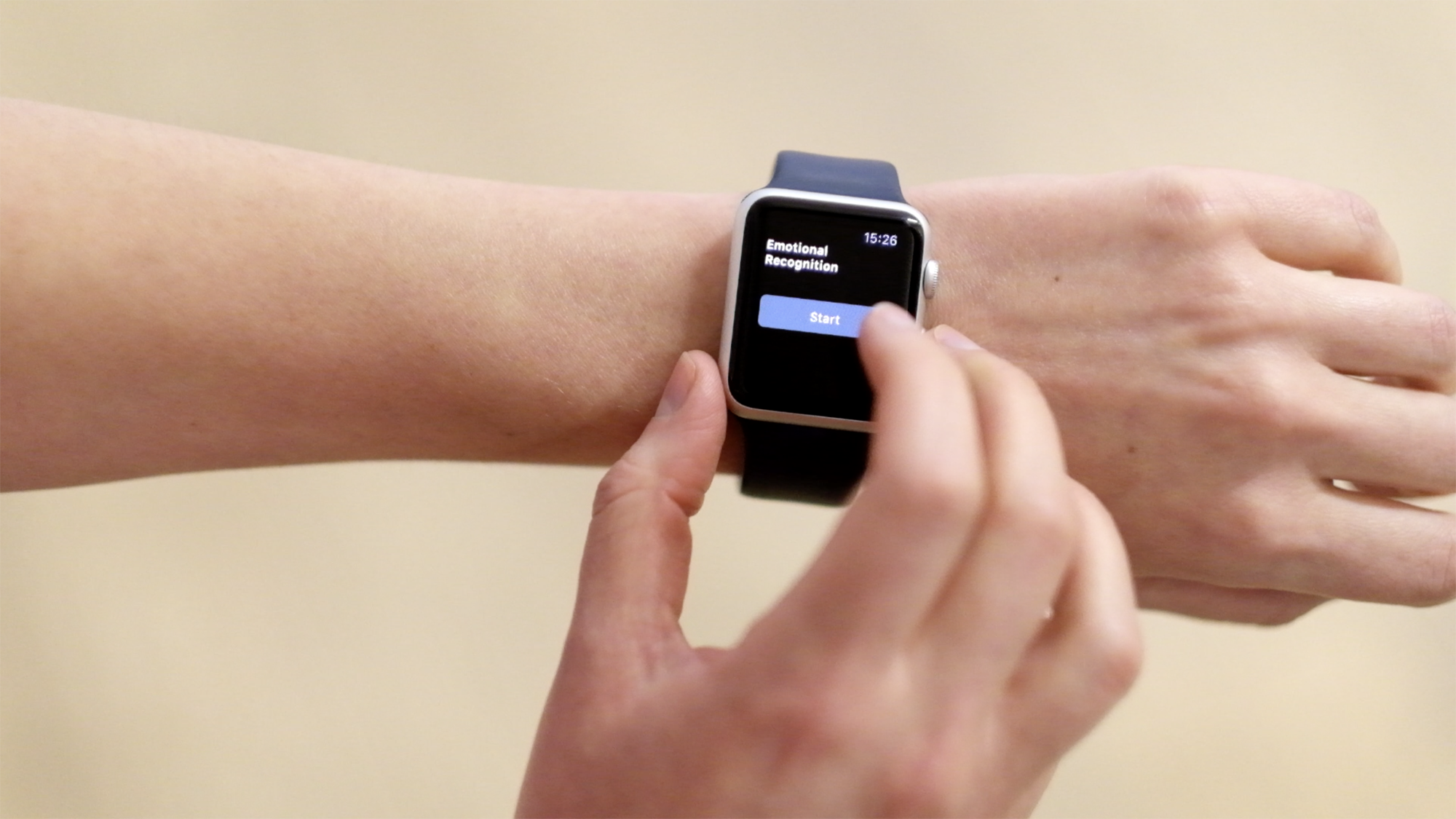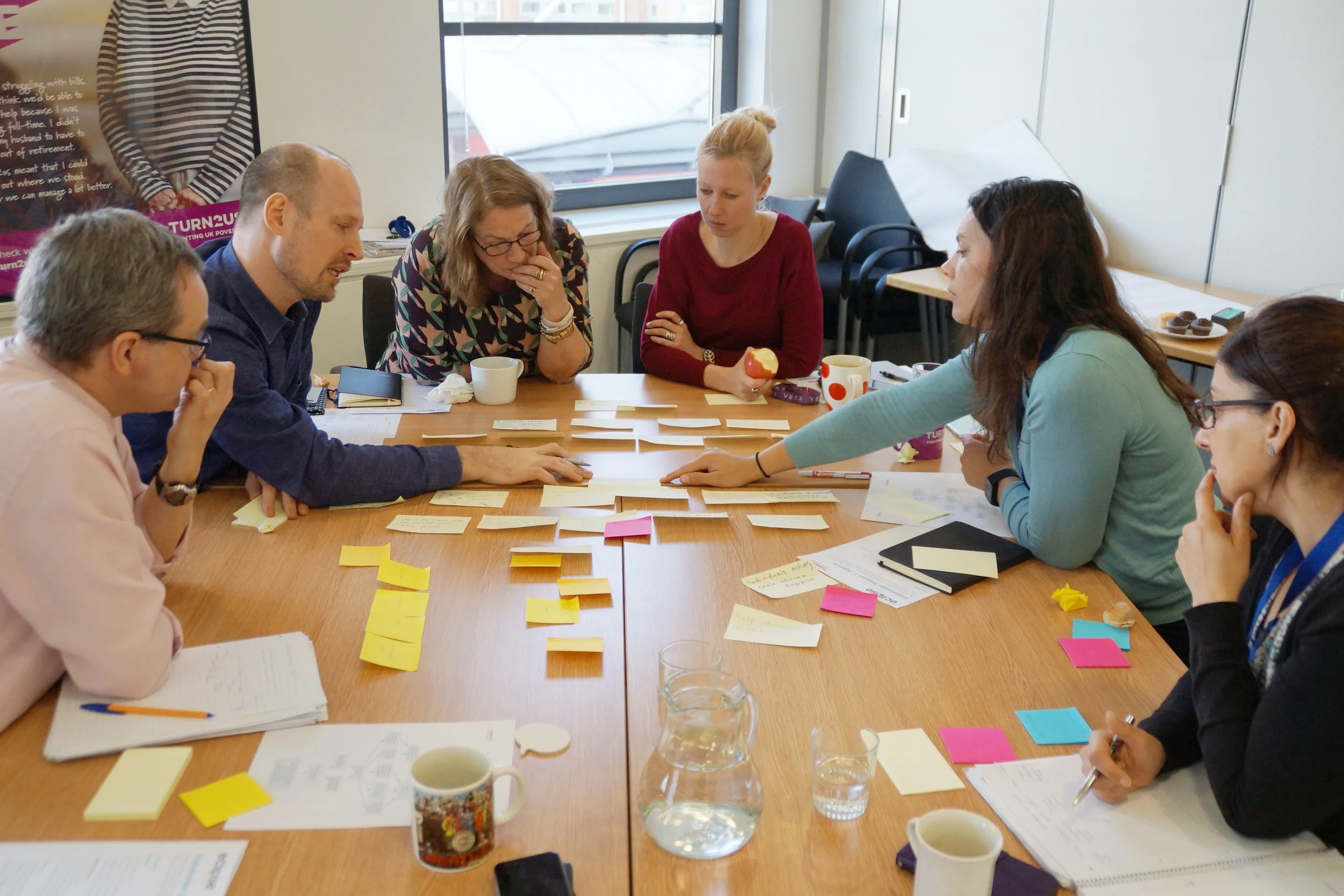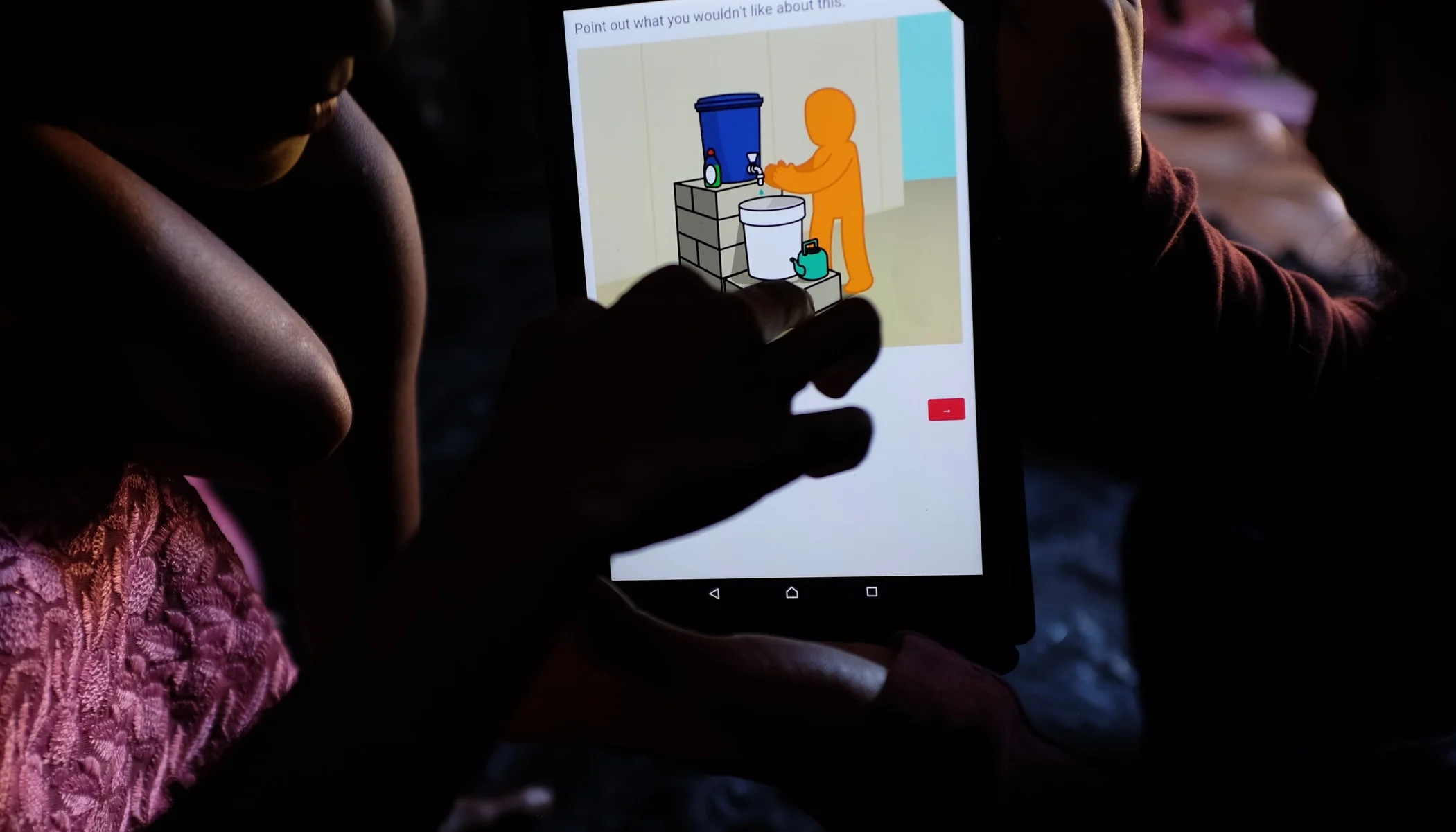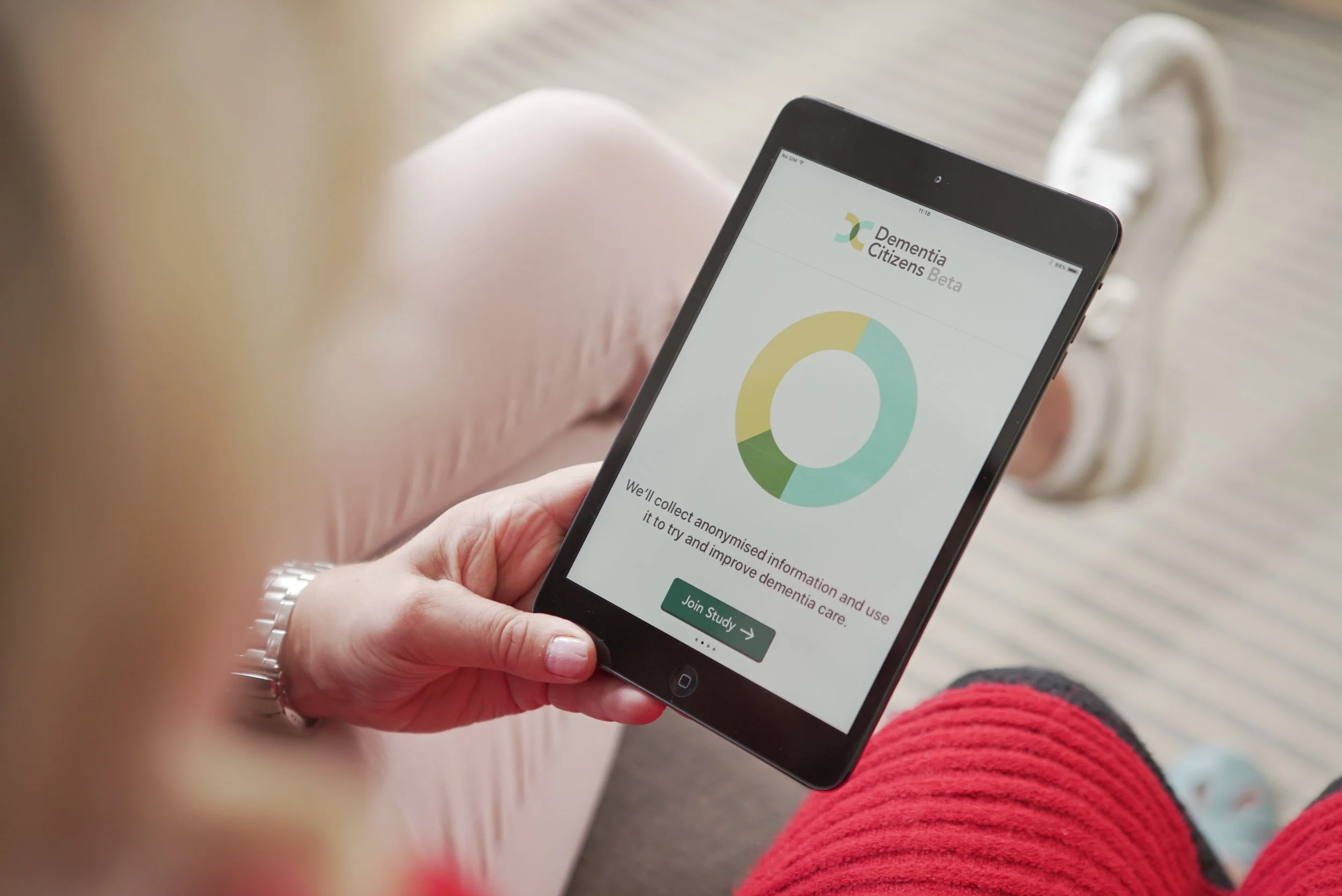
How might we help develop next generation cognitive assessment applications for mobile and wearable devices?
The challenge
Cognition Kit is a joint venture between Cambridge Cognition and Ctrl Group formed in 2016 to develop digital health tools on mobile and wearable devices. Cognition Kit software takes research out of the lab and into daily life, enabling doctors, scientists, and the public to better understand and manage day-to-day brain health.
The approach
Eclipse researchers are responsible for overseeing the execution of informing the design of digital applications through generative research as well as evaluating the functional components of the applications being developed for mobile and wearable devices. This is an ongoing initiative and, as a founding member of Ctrl Group, Eclipse will continue to represent the user research role for Cognition Kit.
The outcome
Cognition Kit is currently in development with several clinical trial projects underway. Please follow us on Twitter @cognitionkit or go to the Cognition Kit website for most up to date and relevant information.
Mental health conditions are now the leasing cause of disability worldwide. With more than 450 million people living with mental illnesses, the cost of treatment and care to global companies is predicted to double by 2030 to over $6 trillion (World Health Organisation).
Neurological conditions are commonly characterised by day-to-day variability in symptoms like mood, anxiety, and problems with concentration and memory. This fluctuation impacts the daily lives of those living with the conditions, for example making it more difficult to make advance plans, perform consistently at school or in work, or maintain steady relationships. Standard infrequent clinical tests by doctors or researchers cannot detect this variability in symptoms, so it is often ignored, missed, or leads to an inaccurate diagnosis.
Cognition Kit is a wearable software platform that will enable doctors, scientists and the public to better understand and manage day-to-day brain health by accurately measuring biological and psychological factors affecting cognitive performance more frequently. The results of the study, presented at the Alzheimer's Association International Conference, found that for the first time wearable consumer devices could be used to accurately measure cognition and brain health using Cognition Kit. The technology could now help improve the development of disease-modifying treatments, treat mental health conditions at the earliest opportunity and objectively measure patient outcomes as a means of reducing the health and economic burden of mental illness.
During the study participants wore a wearable device to monitor their levels of stress and physiological activation using built-in sensors of heart rate, galvanic skin response and skin temperature. The study used the Microsoft Band 2, a fitness tracker with smartwatch features, selected for its extensive sensors. Cognition Kit however is being developed to be compatible with use on all major wearable brands. Throughout each day of the study, subjects were prompted to complete quick micro tests of cognition on the Band. These game-like tests measured attention, memory and reaction speed at different times of day. Over 30 million data points were recorded during the two week study, which has shown distinct patterns of performance within and across days, allowing a rich picture of subjects’ cognitive function to emerge. This has the potential to provide a powerful tool for researchers, complementing traditional infrequent and in-depth testing.
After each cognitive game, subjects reported how they felt by selecting one of six faces to convey their current mood. On June 24th, the day of the EU referendum results in the UK, the researchers even observed a significant drop in the general mood if the British participants in the study.

















